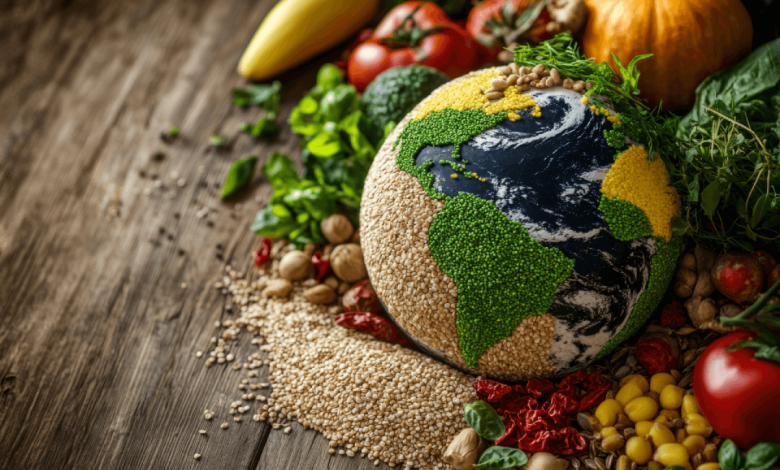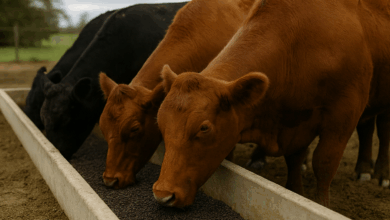Biochar's Role in Enhancing Food Security: Boosting Crop Yields and Resilience
Discussing how biochar improves crop yields and resilience, contributing to sustainable agriculture and global food security.

In the face of global challenges such as climate change, soil degradation, and a growing population, enhancing food security has become a critical priority. Biochar, a carbon-rich material produced through the pyrolysis of organic biomass, has emerged as a promising solution to improve crop yields and bolster agricultural resilience.
Enhancing Soil Health and Fertility
Biochar’s porous structure and high carbon content contribute significantly to soil health:
- Nutrient Retention: Biochar-enriched soils retain nutrients and water more efficiently, leading to reduced need for chemical fertilizers and enhanced crop yields.
- Soil Amendment: Biochar functions as a soil conditioner capable of bolstering soil health, mitigating the impact of climate change, and securing global food security.
Improving Crop Yields
Numerous studies have demonstrated that biochar application can increase crop yield by improving soil properties and health.
Building Climate Resilience
Biochar contributes to agricultural resilience in the following ways:
- Climate Adaptation: Biochar, a climate-resilient agricultural amendment, is gaining attention for its role in enhancing agricultural sustainability and mitigating climate change.
- Soil Moisture Retention: The porous nature of biochar enhances soil’s ability to retain moisture, which is crucial during periods of drought.
Global Initiatives and Success Stories
Several initiatives worldwide have demonstrated the positive impact of biochar on food security:
- Haiti’s Sustainable Energy Efforts: In Haiti, biochar is being promoted as an eco-friendly alternative to traditional charcoal, aiming to combat deforestation and improve soil health. Since May 2024, organizations have produced biochar for community use in cooking and heating, offering a sustainable energy source that also benefits agriculture.
- China’s Agricultural Advancements: China is accelerating efforts to boost crop yields and ensure food security by developing new crop varieties and optimizing farming practices. While not explicitly mentioned, integrating biochar into these strategies could further enhance soil fertility and crop resilience.
Conclusion
Biochar stands out as a multifaceted solution to enhance food security by improving soil health, increasing crop yields, and building agricultural resilience against climate variability. As global efforts continue to integrate sustainable practices, biochar’s role in agriculture is poised to contribute significantly to a more food-secure future.
Sources:



